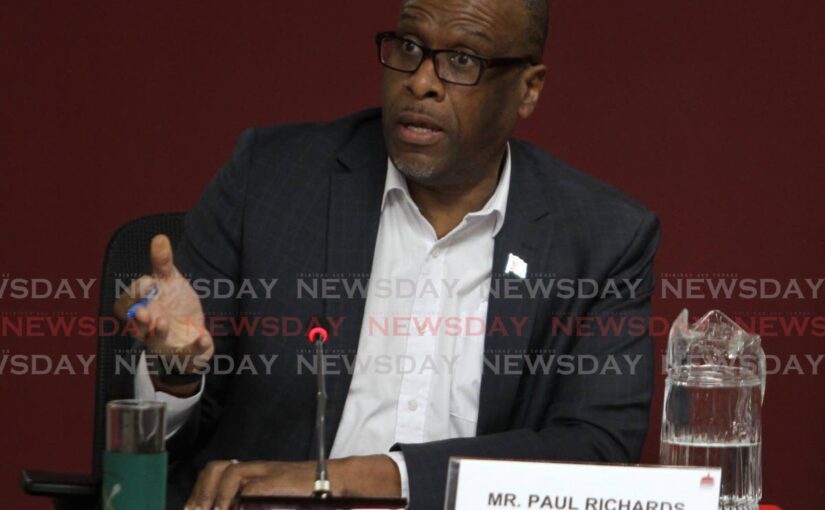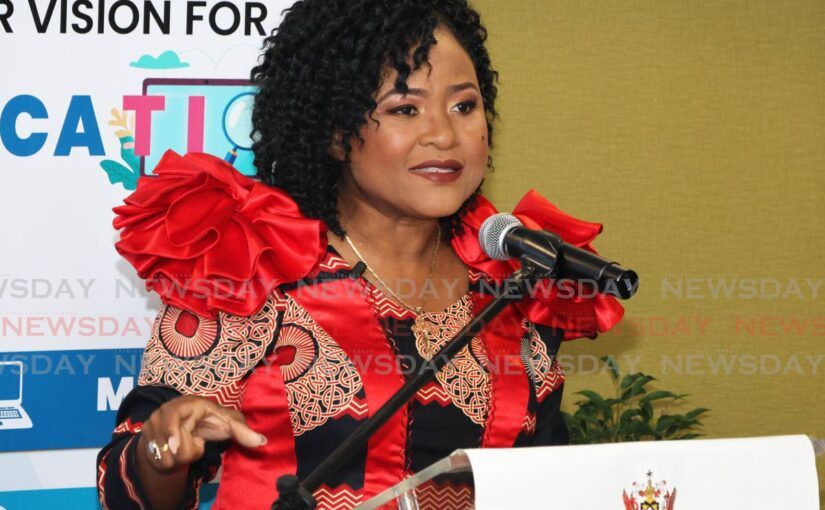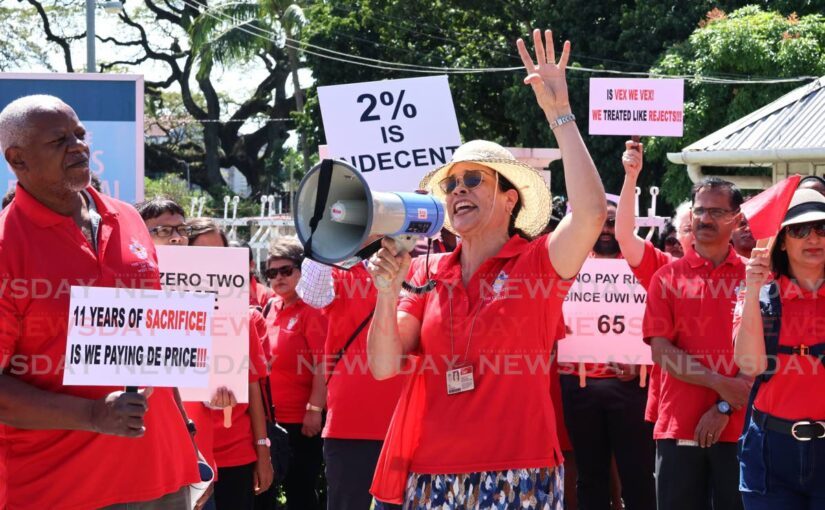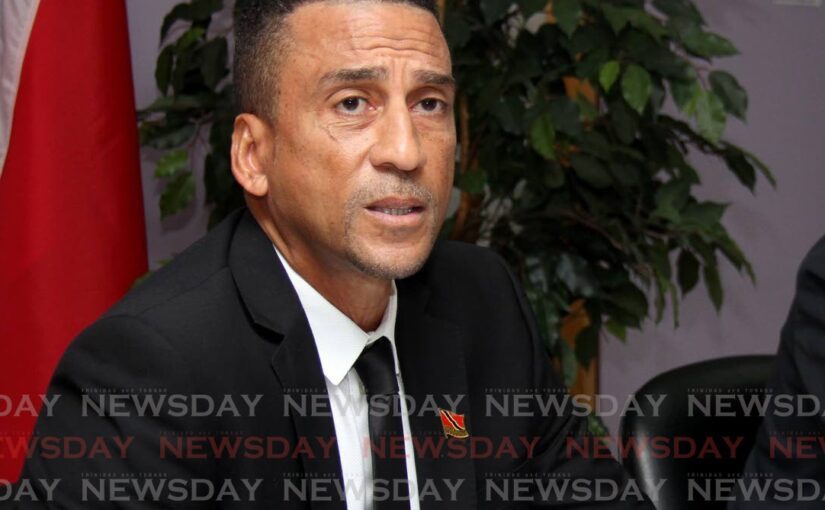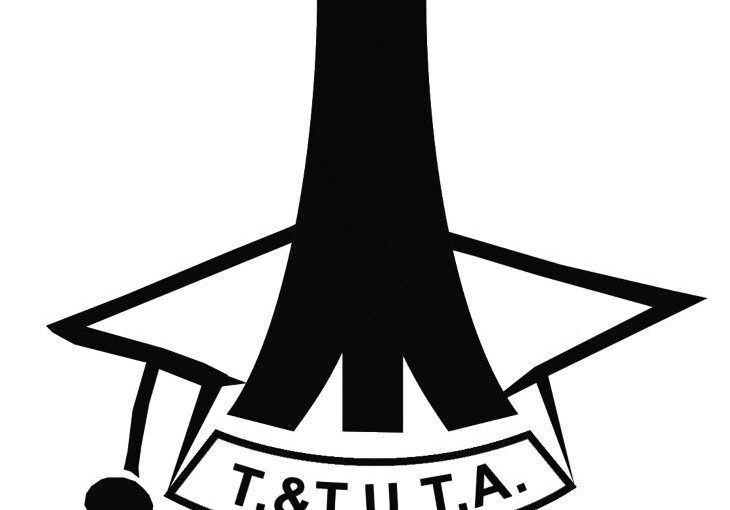FROM time immemorial, extra classes have been a part of school. Teachers have, of their own free will and often at no charge, encouraged students to...
Vous n'êtes pas connecté
- English
- Français
- عربي
- Español
- Deutsch
- Português
- русский язык
- Català
- Italiano
- Nederlands, Vlaams
- Norsk
- فارسی
- বাংলা
- اردو
- Azərbaycan dili
- Bahasa Indonesia
- Հայերեն
- Ελληνικά
- Bosanski jezik
- українська мова
- Íslenska
- Türkmen, Түркмен
- Türkçe
- Shqip
- Eesti keel
- magyar
- Қазақ тілі
- Kalaallisut ; kalaallit oqaasii
- Lietuvių kalba
- Latviešu valoda
- македонски јазик
- Монгол
- Bahasa Melayu ; بهاس ملايو
- ဗမာစာ
- Slovenščina
- тоҷикӣ ; toğikī ; تاجیکی
- ไทย
- O'zbek ; Ўзбек ; أۇزبېك
- Tiếng Việt
- ភាសាខ្មែរ
- རྫོང་ཁ
- Soomaaliga ; af Soomaali
Rubriques :
 Maroc - NEWSDAY.CO.TT - A la Une - Hier 03:58
Maroc - NEWSDAY.CO.TT - A la Une - Hier 03:58
Lessons overload?
FROM time immemorial, extra classes have been a part of school. Teachers have, of their own free will and often at no charge, encouraged students to attend lessons before or after regular teaching hours and even during lunch. But is there a need to look more closely at this practice? The matters aired at a meeting of the Parliament’s Social Services and Public Administration Joint Select Committee on January 29 suggest there is. Independent Senator Dr Paul Richards described the practice of teachers charging for lessons to complete the prescribed curriculum as “obscene.” PNM Senator Avinash Singh questioned whether there is a connection between course design and that practice. National Council of Parent Teacher Associations (NPTA) president Walter Stewart said there was no reason a teacher should not be able to deliver the full syllabus during class, and raised the disturbing notion of a “lessons mafia.” But he also admitted there needs to be a deeper understanding of why teachers resort to extra classes. In this vein, TT Unified Teachers Association president Martin Lum Kin strongly rejected the notion that teachers “hold back” to make money, noting that classes might be disrupted or hindered, requiring lessons to catch up. We agree lessons for a fee might appear, prima facie, unethical. And without proper analysis or empirical grounding, the resort to the justification of “curriculum overload” for this practice is potentially a mere cover for the failure of teachers to do their job. At the same time, if there is simply too much work for teachers to cover each day, then it would be equally unethical to require them to bear the burden of a poorly designed curriculum. Free lessons are noble. This issue stems from two core problems within our education system: excessive competition and administrative dysfunction revolving around the Teaching Service Commission, the Ministry of Education and school boards. The first means it matters not whether a teacher has justifiable grounds to provide the service of extra instruction or not. Parents are under incredible pressure to fork out money to avoid the risk of their child being left behind in the race for school placements and scholarships. In this regard, Minister of Education Dr Nyan Gadsby-Dolly’s statement that there should be no repercussions for a student who does not attend lessons expresses an academic ideal. In the real world, failure to take lessons might put a child at a disadvantage. And the second problem of dysfunction leaves much room for doubt about whether lesson plans are being robustly reviewed, teaching standards enforced, and officials properly compensated for the work they do. For all these reasons, and given all these gaps, stronger rules regulating extra lessons should be introduced. The post Lessons overload? appeared first on Trinidad and Tobago Newsday.
Articles similaires
Senator slams teachers for ‘obscene’ lessons for cash
CHAIRMAN of the Parliament's Social Services and Public Administration Joint Select Committee Dr Paul Richards believes it is wrong for teachers...
Gadsby-Dolly: No penalties if students refuse private lessons
EDUCATION Minister Dr Nyan Gadsby-Dolly says students should not face any penalties if they choose not to attend private lessons offered by...
Remembering Ronnie, an exemplary educator
Debbie Jacob This time of year Ronnie Chun Taite is doubly missed. Reports of his death on January 16, 2020 said Ronnie died of complications from...
TEACHERS CHARGING FOR EXTRA LESSONS…
President of the Trinidad and Tobago Unified Teachers Association Martin Lum Kin agrees with Independent Senator, Paul Richards that it is unethical...
Gambling with education
Education is basically a business. A highly competitive one, like other forms of energy – you got that right, as intellectual energy is what it...
Music Teacher Blue Hills at Reddford House The Hills
KEY RESPONSIBILITIES: Plan, prepare and present interesting and exciting lessons. Establish a teaching environment that is nurturing, and which...
We condemn vilification of teachers
THE EDITOR: I write on behalf of the United National Congress (UNC) to unequivocally condemn the sweeping and seemingly universal vilification of...
A laundry list for education
Debbie Jacob To: Stuart Young, Ministry of Energy and Energy Industries. DEAR Minister Young, I listened with great interest to your recent remarks...
Back to the textbooks
VERY recently, the government of Sweden, a country renowned for its incorporation of cutting-edge technology in its education system, made a bold...
Les derniers communiqués
-
Aucun élément

